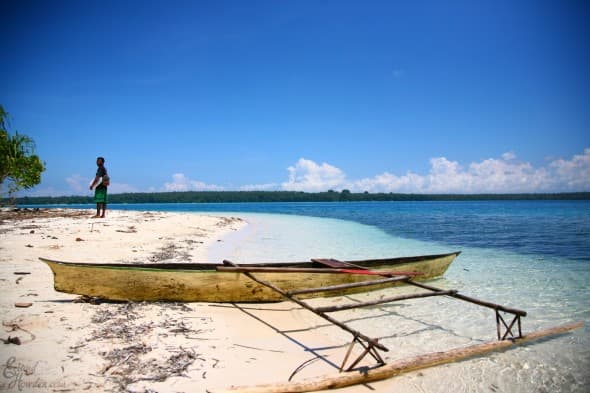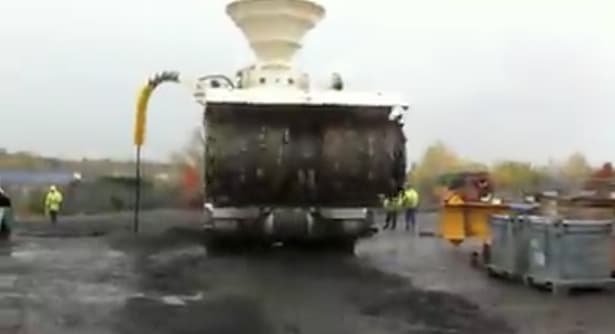Duke of York islands ignored in seabed mining debate

The stunningly beautiful Duke of York islands are the closest small islands to the site of the proposed Solwara 1 experimental mine in Papua New Guinea, yet the islanders say they have been completely ignored in the mine development process.

The islanders are already facing the impacts of climate change with the rising sea level affecting food security on the low lying atolls.
In 1999 the islanders collected signatures on a petition stating their overwhelming opposition to the proposed mining. The petition was presented to the East New Britain Provincial Government but, fifteen years later, the islanders are still waiting for a response.
The islanders, through the Ramuaina Integral Development Forum and their spokesperson Philip Tokam, say nobody from the government or Nautilus Minerals, the Canadian company who will do the mining, have visited the islands to obtain their views or consent to the proposed mining.
This is despite the fact the entire economy of the islands is dependent on the sea and it provides the people with their only source of protein. Nearly every family on the islands is involved in fishing to provide food on their plates and cash incomes from sales of fresh and dried fish in Kokopo market.
The mining operation will involve three giant 250 tone machines strip mining the ocean floor creating large plumes of sand, dust and crushed rock which people fear will disturb fish stocks. Once the crushed rock has been pumped to the surface and the valuable ores separated the unwanted waste will be dumped back into sea.

The giant machines will also create huge amounts of noise which will travel vast distances in the undersea environment, potentially disrupting species like whales, dolphins and sharks that rely on their own undersea sonar. Any leaks from the hydraulic systems on the machines will spill oil directly into the ocean.
New Zealand has recently rejected two seabed mining applications because authorities say the potential negative impacts cannot be quantified or controlled.
The Duke of York islanders fear they will be the first victims of their government's failure to take a similar precautionary approach.
